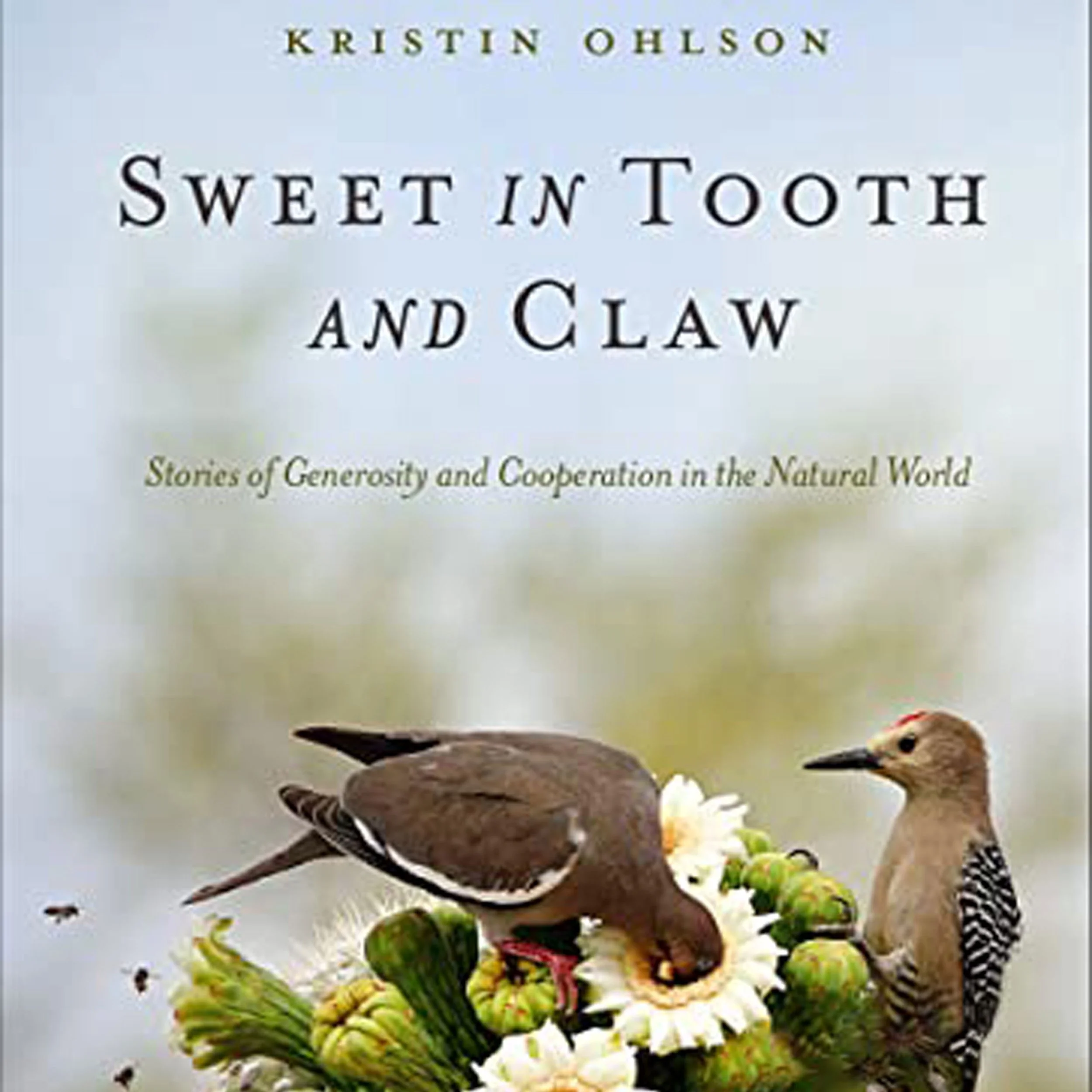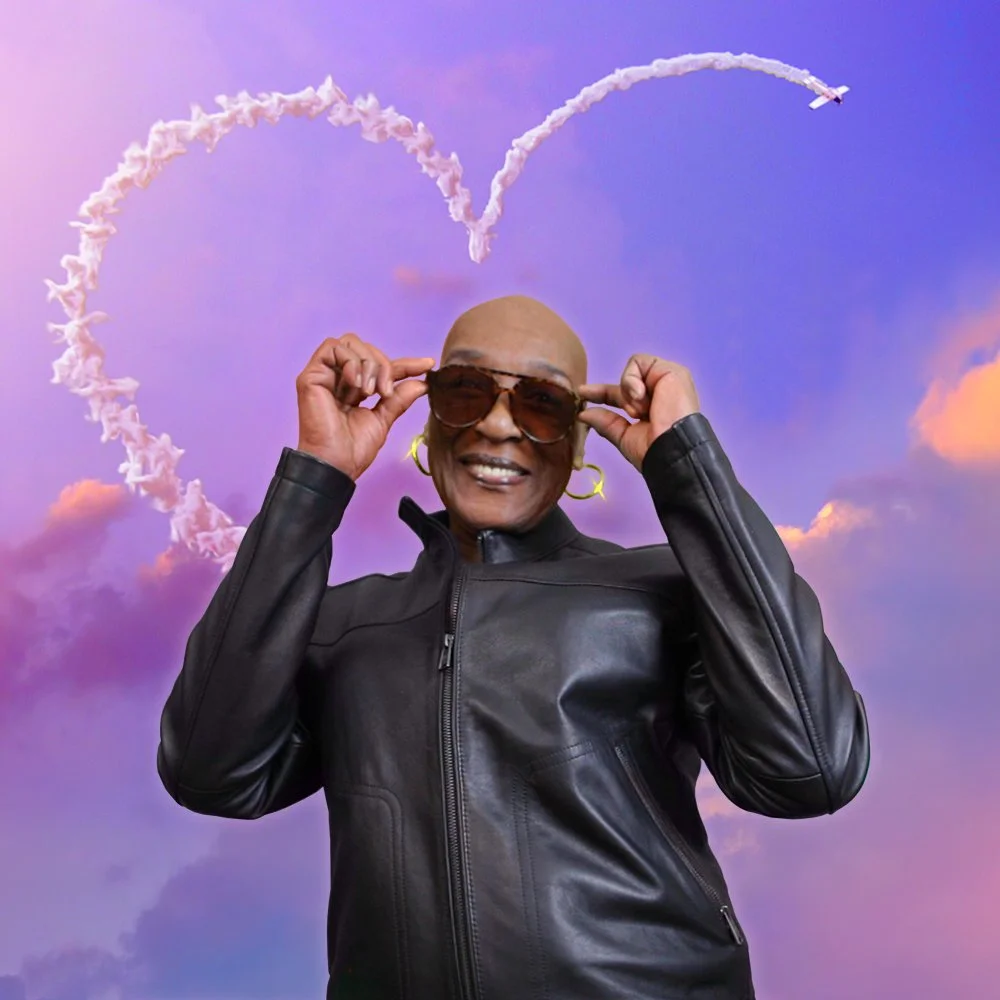A Life in Climbing: ALAIN ROBERT Climbs with No Fear, No Ropes, No Safety Net - Highlights
/Famous Rock & Urban Climber ALAIN ROBERT
Known for Free Solo Climbing 200+ of the World’s Tallest Skyscrapers using no Climbing Equipment
you are fighting to stay alive. You are fully in the present moment; you don't have time to think about being afraid. You are focused on what you are doing. You struggle to pass another window, then another, and you don't have time to think about your problems. The only thing you are concerned about deep down in the back of your mind is that you need to stay alive, and for that, you need to remain calm and focused.



















